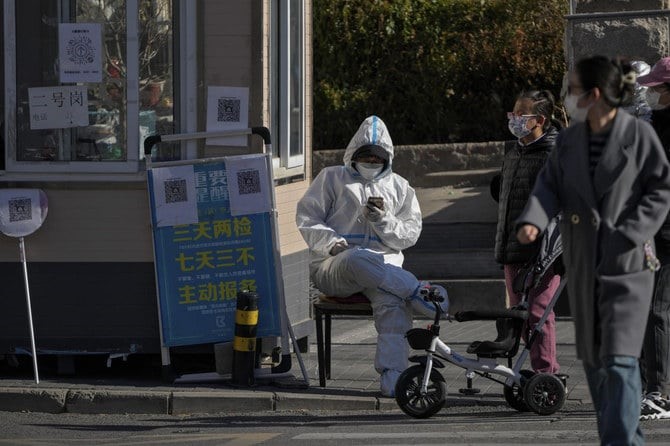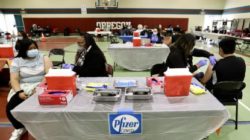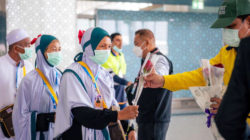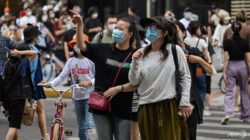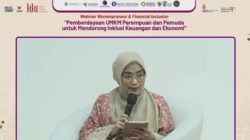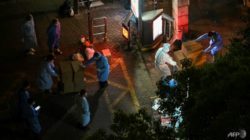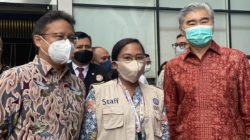BEIJING: On Thursday, as the ruling Communist Party got ready for the well-publicized funeral of late leader Jiang Zemin, more Chinese cities relaxed certain anti-virus rules while police patrolled the streets to quell demonstrations.
Major cities include Chengdu in the southwest, Guangzhou in the south, Shijiazhuang in the north, and others stated they were lowering testing requirements and movement limitations. Markets and transport service have resumed in several regions.
The statements failed to mention the demonstrations last weekend against the human cost of anti-virus regulations that keep millions of people inside their homes that took place in Shanghai, Beijing, and at least six other cities.
Nevertheless, it appeared from the timing and exposure that President Xi Jinping’s administration was attempting to appease the populace after some protesters made the politically explosive demand that Xi quit.
There were numerous police officers there, so there were no signs of demonstrations. Social media users expressed outrage that random stops by police for smartphone checks—possibly to check for illegal apps like Twitter—constituted a violation of China’s Constitution.
According to a post made by Qi Xiaojin on the well-known Sina Weibo platform, “I am especially afraid of becoming the ‘Xinjiang model’ and being searched on the pretext of walking around.” Qi was referring to the northwest region where Uyghur and other Muslim minorities are subject to heightened surveillance.
While the Communist Party removes recordings and images from services within China, protesters have utilized Twitter and other foreign social media to advertise their actions.
In the past 24 hours, the authorities reported 36,061 new coronavirus cases, 31,911 of which had no symptoms.
Jiang, who led the ruling party until 2002 and served as president until the next year, passed away, and Beijing was preparing for his funeral. He passed away on Wednesday in Shanghai from leukemia and multiple organ failure, according to the party.
According to Chinese tradition, no foreign dignitaries will be invited, the party declared. It has not yet announced the funeral date or how anti-virus protections may impact it.
By shortening quarantines and making other modifications, Xi’s administration has vowed to lessen the disturbance to its “zero COVID-19” plan. But it asserts that it would adhere to the limitations that have frequently forced the closure of businesses and schools and restricted access to neighborhoods.
The demonstrations started on Friday after an apartment building fire in Urumqi, Xinjiang, claimed the lives of at least 10 individuals. That raised concerns about whether locked doors or other controls were blocking firemen or victims trying to flee. Authorities disputed that, but popular ire was focused on the fatalities.
The government claims to be tightening regulations while local officials have been forced to enact measures that some locals believe are overbearing and damaging due to the rise in illnesses since October and the danger of job loss in the event of an outbreak.
Source: AP


